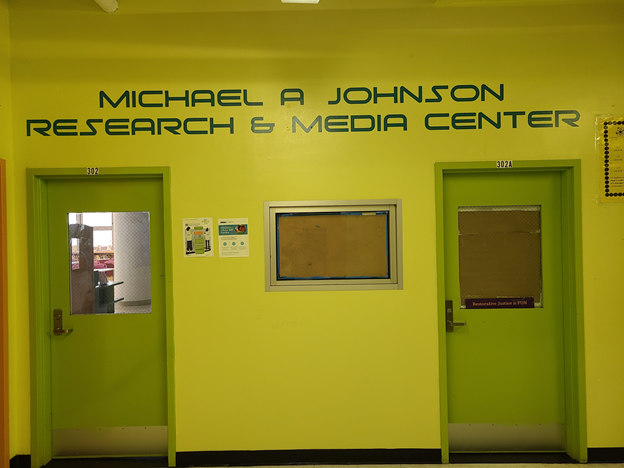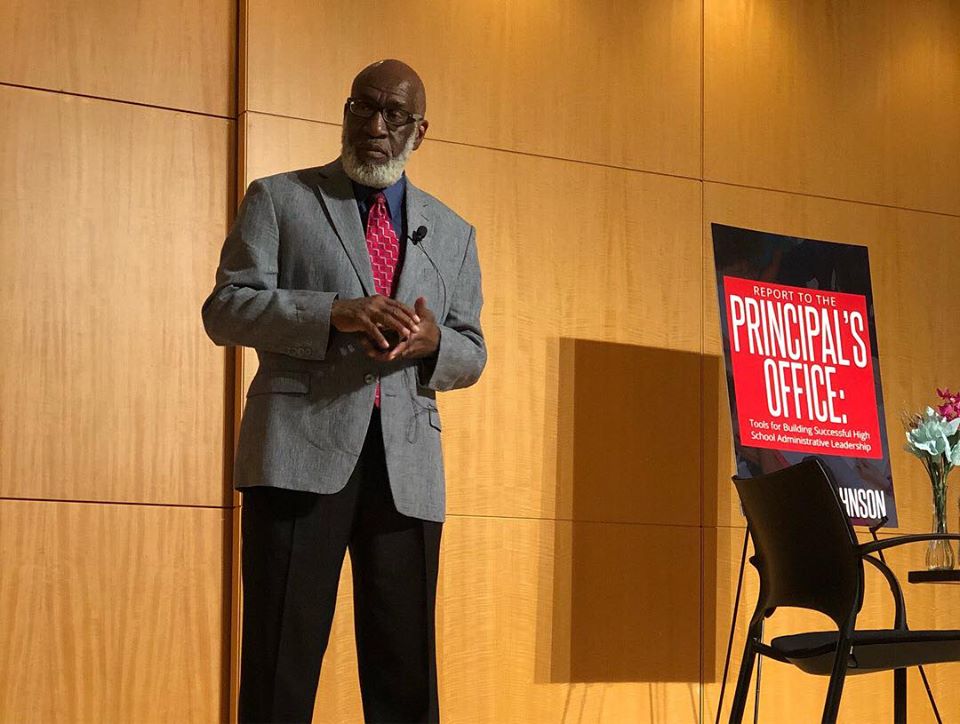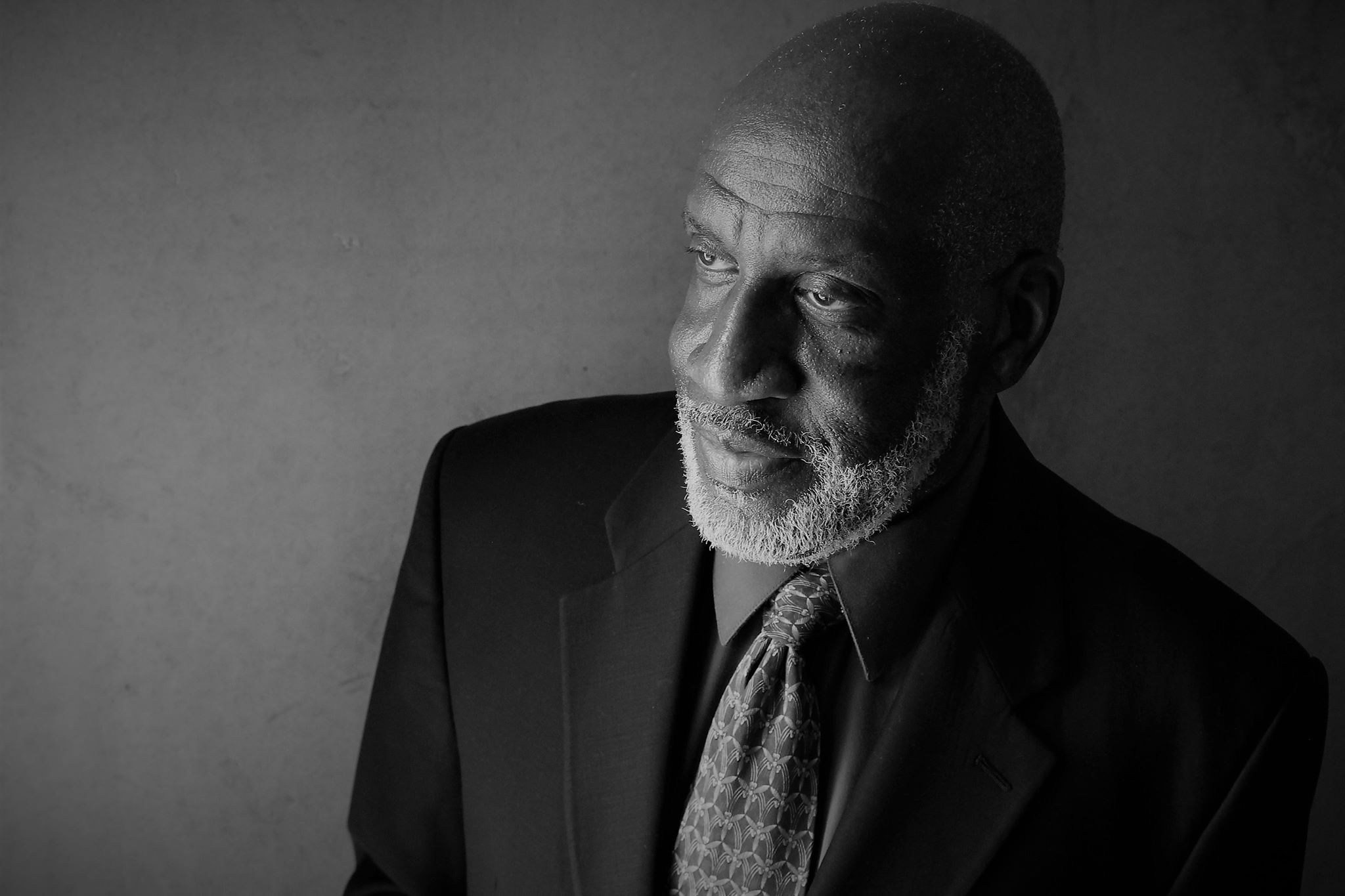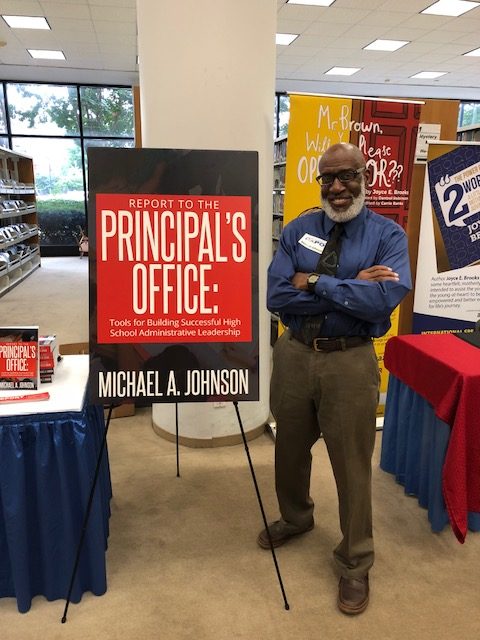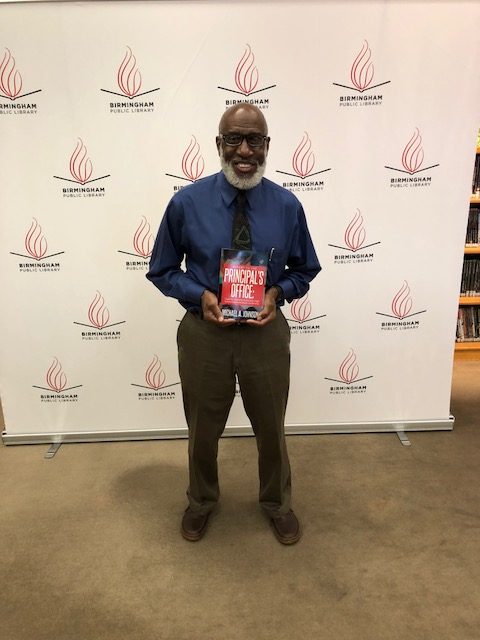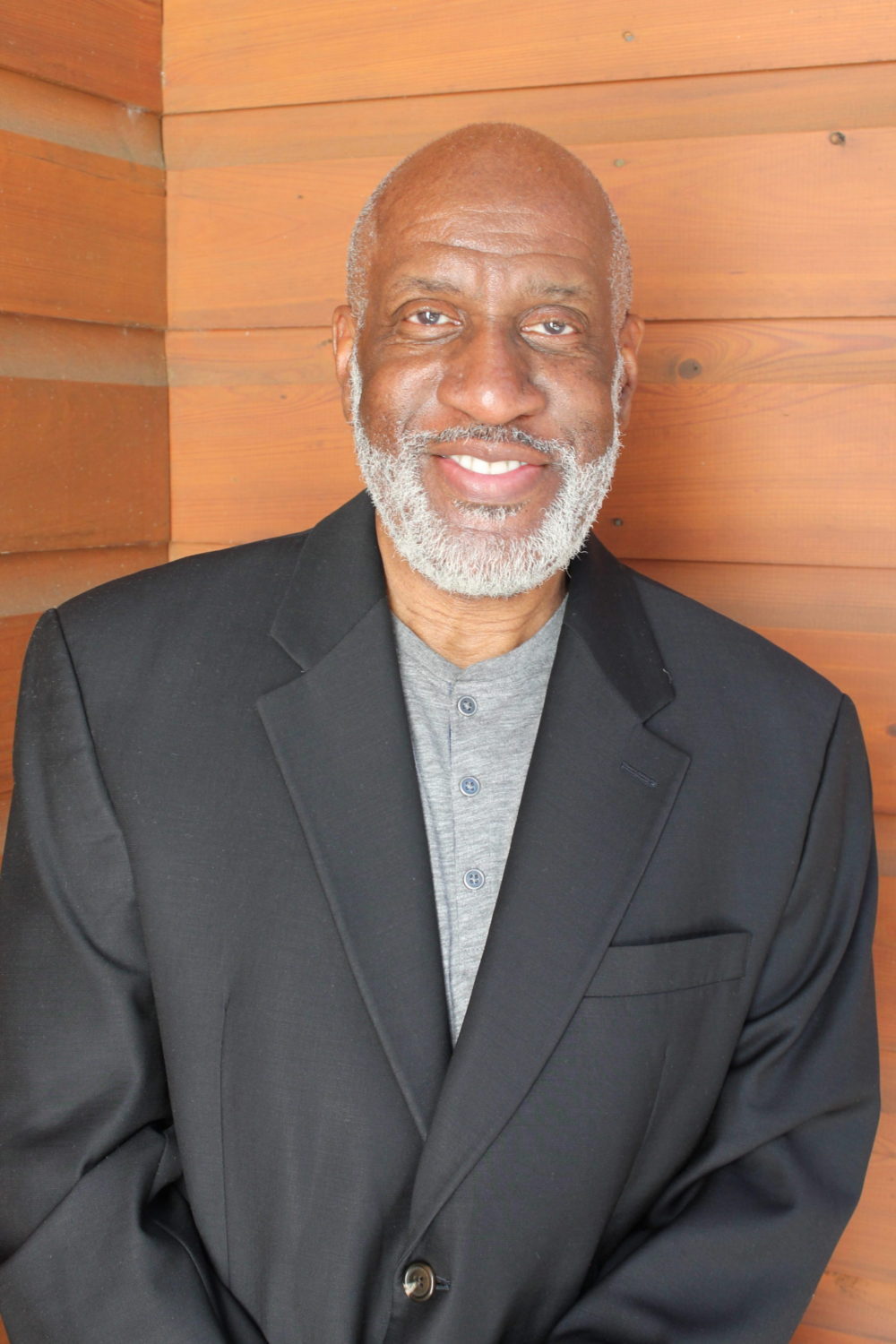Recently there was another of those interesting Facebook ‘challenges’ titled: “How Hard Did Aging Hit You?” (Give those creative Facebook algorithmicteers credit for their ability to keep coming up with ideas to get eyeballs to platform!) For my discriminating eyeballs, I always preferred the ‘matured’ photos; I also rejected the premise, and the I suspect additional purpose of the ‘challenge’, suggesting that we need to purchase ‘something’, conveniently advertised on Facebook, to delay our aging process. Anyway, there’s an education challenge I wish to issue: I want to challenge public education policy makers and schools to stop using phrases they don’t truly believe; those edu-poetic up-lifting statements that they neither honestly aspire to nor intend to carry out for all children.
Here, social media has not been helpful. Educators at every level can sound brave, committed and ‘tough’ on internet platforms, while in their daily practice/work-space avoid the dangerous task of changing the underlying conditions that create and perpetuate learning inequalities. Ideology is not phraseology, ‘sloganisms’ are not confirmative-actions; for it’s what we actually believe and do for children that ultimately matters.
Here’s a few ‘greatest hits’ of the often spoken but rarely practiced educational phrases:
“It takes a whole village to raise a child”
“All children can learn”
“Children First”
“No child left behind”
“The soft bigotry of low expectations”
Some wonderfully affirmative statements, that if put into practice would radically change US public education. What if schools really acted like every student was under the protection of the ‘entire village’? It would not matter then who was the child’s biological parents, because we would all become the ‘parent’. Every school would be a full (social, medical, dentistry, optometry, nutrition, counseling, informal education, etc.) service school.
Those 5-affirmations are so powerful, that if public school systems were to truly believe, embrace and practice them: all ‘achievement gaps’ (real and contrived), student academic-underachievement, high failure & dropout rates (concentrated in some populations) would end. Taxpayers would get what they pay for. Any ‘racial integration plan’ that does not address the inequitable distribution of quality education, would end. Billionaires could invest money in efforts that actually work in raising poor student’s academic achievement like: closing societal opportunity gaps in: technology hardware-software and internet access, K-8 reading/writing enrichment, K-8 STEM labs in Title 1 schools, having students: ‘algebra ready’ by the end of 8th grade, radically expanding K-8 gifted & talented programs; healthcare, quality housing and food for families, creating employment for student’s parents, and providing students with access to out-of-school informal educational experiences.
And if the 5-affirmations were truly adopted nationally, it would mean that all schools would be empowered to eliminate those rules and regulatory barriers that hindered student learning, as these schools would also be held publicly accountable for their admissions practices, disciplinary-expulsion policies and academic performance.
Further, college and university student admissions applications would soar; while the non-credit bearing ‘cleaning-up’ what was not learned in high school ‘college courses’ would disappear. People nationwide would begin entering the education profession (receiving much higher salaries then the present pay scales) because education is where their heart-work is to be found. Our nation (and world) would reap the benefits of having millions of children realize their innate gifts and talents; imagine the scientific, medical, artistic-creative innovative and inventive ‘gifts’ we would communally enjoy. And, society would be able to fulfill its collective humane calling of making every child’s life matter.
The multibillion dollar (not really) ‘fixing’ poor students ‘gap-closing’ industry would need to create work somewhere else. Personnel, from superintendents to school-aides, would be required to be competent and effective, or be ‘counseled-out’ and into another profession. (A compassionate act, since the ‘chronically-unfit’ people currently working in K-12 education need to find their true passion/calling in life!) Americans planning to be employed in our criminal-justice system, may want to consider another career path; since public education’s role in feeding and replenishing that system would end. And then there is the job-market ‘problem’ of what to do with so many young people who achieved academically by receiving a high quality educational experience. We would probably need to invent a new definition of what ‘work’ and ‘employment’ means in a highly educated society.
I’m not sure if I’ll get any takers on this challenge, and why should I? After all, we are in this special time in US history when we have a commander-in-chief of: words don’t matter, and what I say no matter how untrue, doesn’t matter. And so why not in the rhetorical realm of public education; where it does not matter that we say things that we have no intention of doing; for reasons that even R. Kelly understands: Because only certain children in our society really matter!
Michael A. Johnson has served as a public school teacher, Science Skills Center director, principal, and a school district superintendent. He also served as an adjunct professor of Science Education in the School of Education at St. John’s University. He recently completed a book on school leadership: Report to the Principal’s Office: Tools for Building Successful High School Administrative Leadership… http://reporttotheprincipalsoffice.net/
